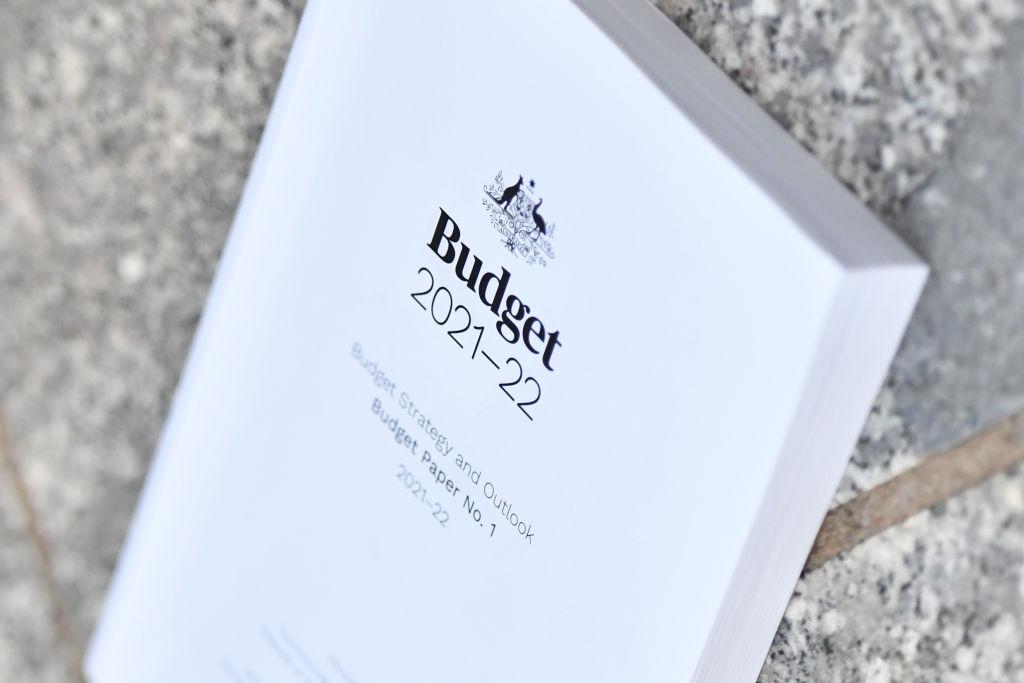A peak oil and gas lobby group has asked the federal government for more tax incentives for the industry in the next federal budget amid calls from conservation groups to abolish fossil fuel subsidies.
The Australian Petroleum Production and Exploration Association (APPEA), which represents the interests of the oil and gas industry, wants the Australian government to provide more support for controversial technologies that capture, store and use carbon by modifying the Offshore Petroleum and Greenhouse Gas Storage Act.





